
- About BDF
- Programs
- To banks
- For enterprises
- News BDF
- Public information
- Home
- Success stories
- Resilience in Action: How the Private Enterprise Kramar Recovered After an Attack and Achieved Energy Independence
Resilience in Action: How the Private Enterprise Kramar Recovered After an Attack and Achieved Energy Independence
In Kryvyi Rih, about fifty kilometres from the front line, there is a company that does not stop production even after enemy strikes. The private enterprise Kramar, founded in 2010, specializes in producing animal feed, biomass, and fuels from alternative sources – in particular from sunflower husks. Today, its products are supplied to almost the entire territory of Ukraine.
“We aim to maintain consistently good quality at a reasonable price. We don’t cut corners on quality like some other producers do. Our own laboratory tests every batch – from raw materials to the finished feed,” says Commercial Director Serhii Zakharchenko.
After the Strike: Losses, Injuries, and Recovery
On July 8, 2023, two Shahed-131 drones hit the company’s premises. One employee was injured. Production workshops, warehouses, and a gas station were damaged. A hangar of more than 1,100 m² was completely destroyed.
“About 20–25% of our infrastructure was destroyed or badly damaged. But we couldn’t stop production for long. After the strike, we paused for just a day or two, fixed the damage – and got back to work,” says Serhii.
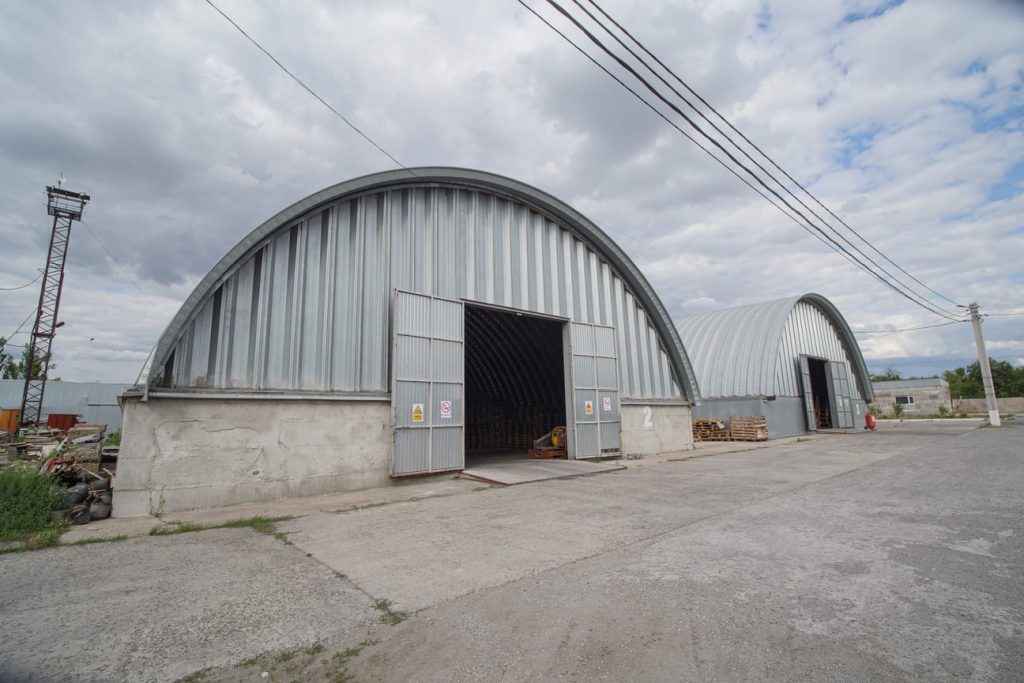
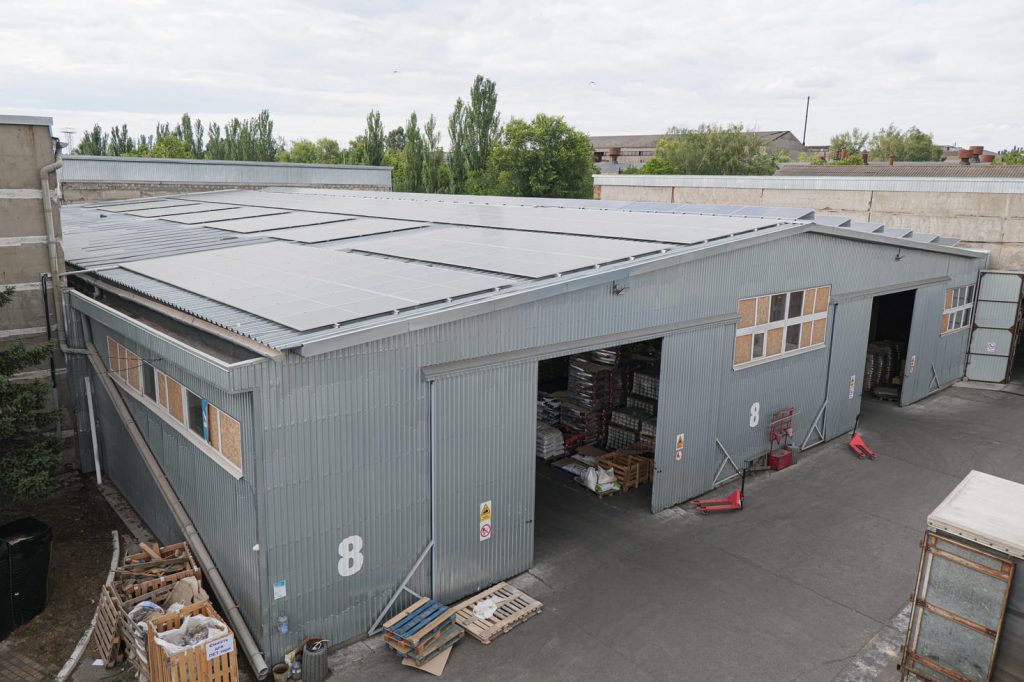
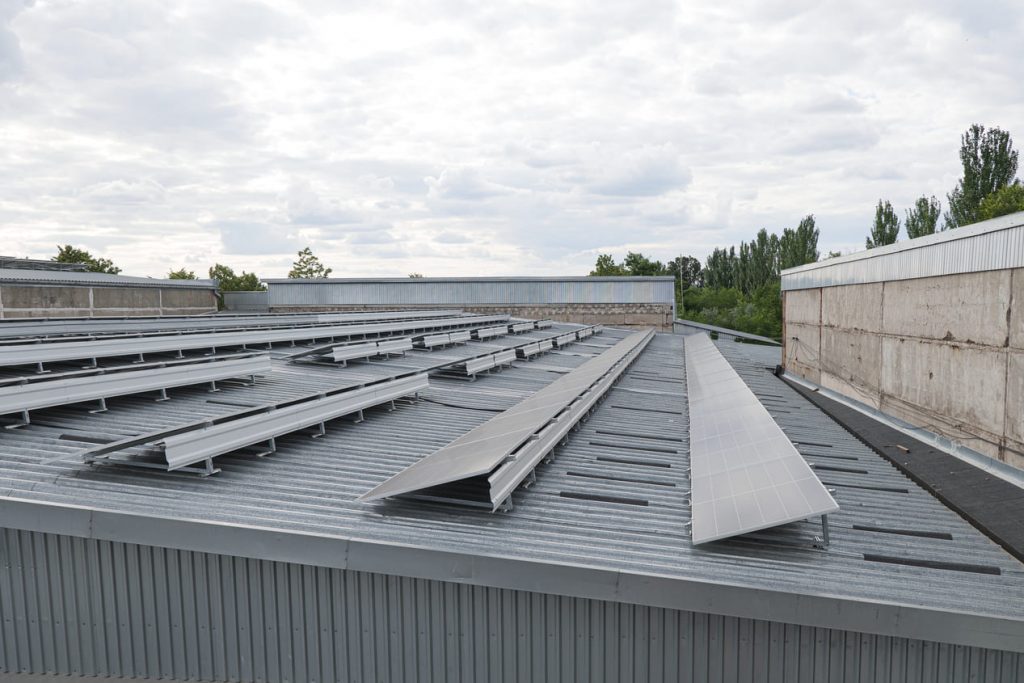
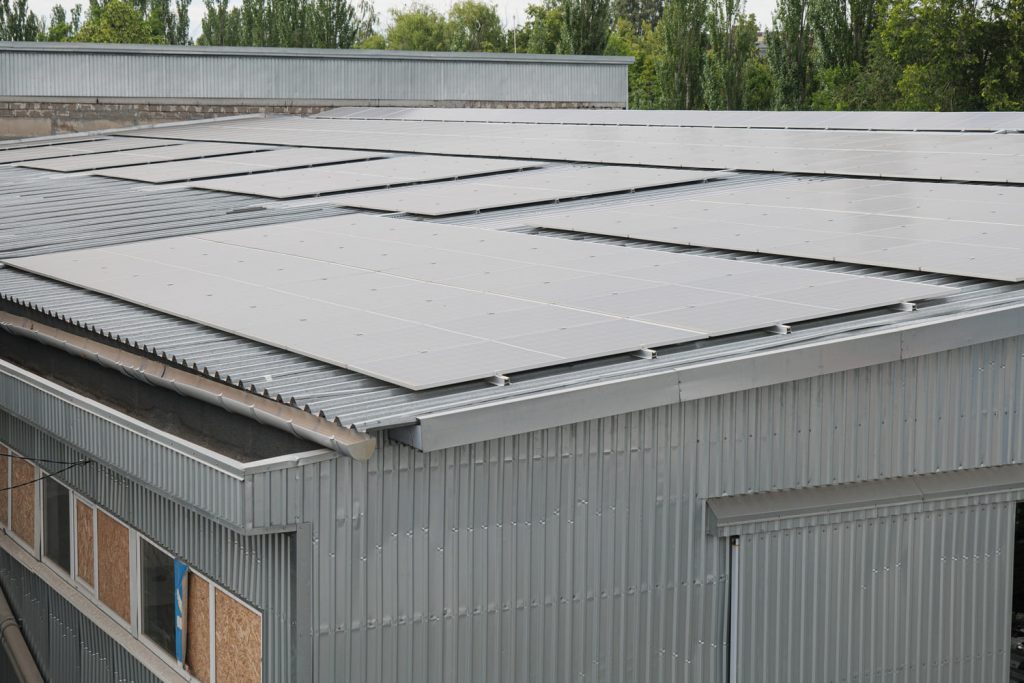
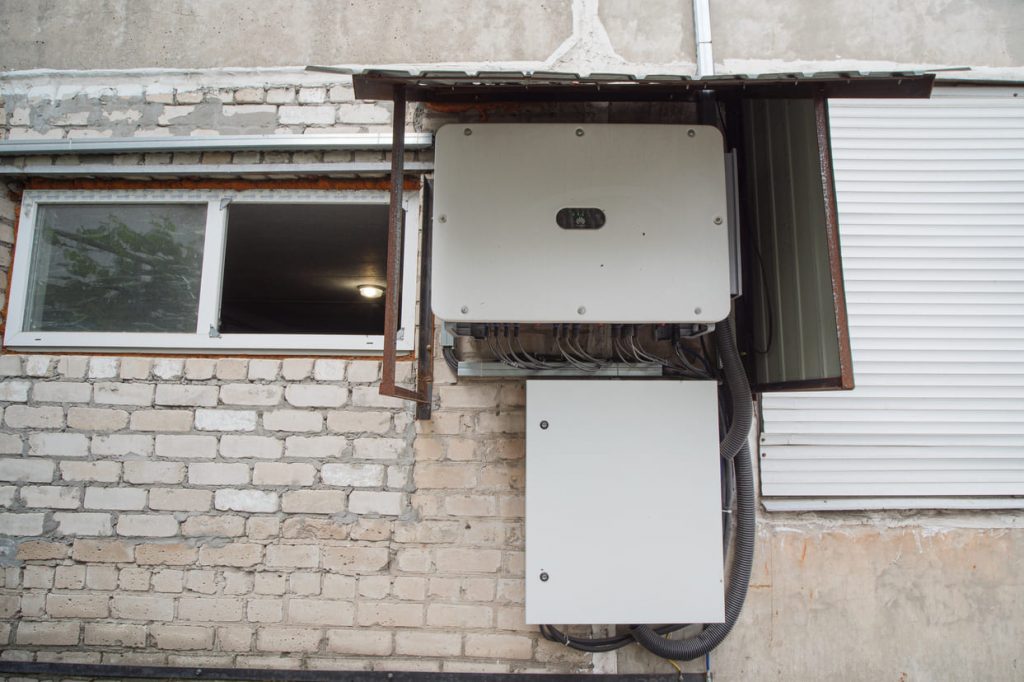
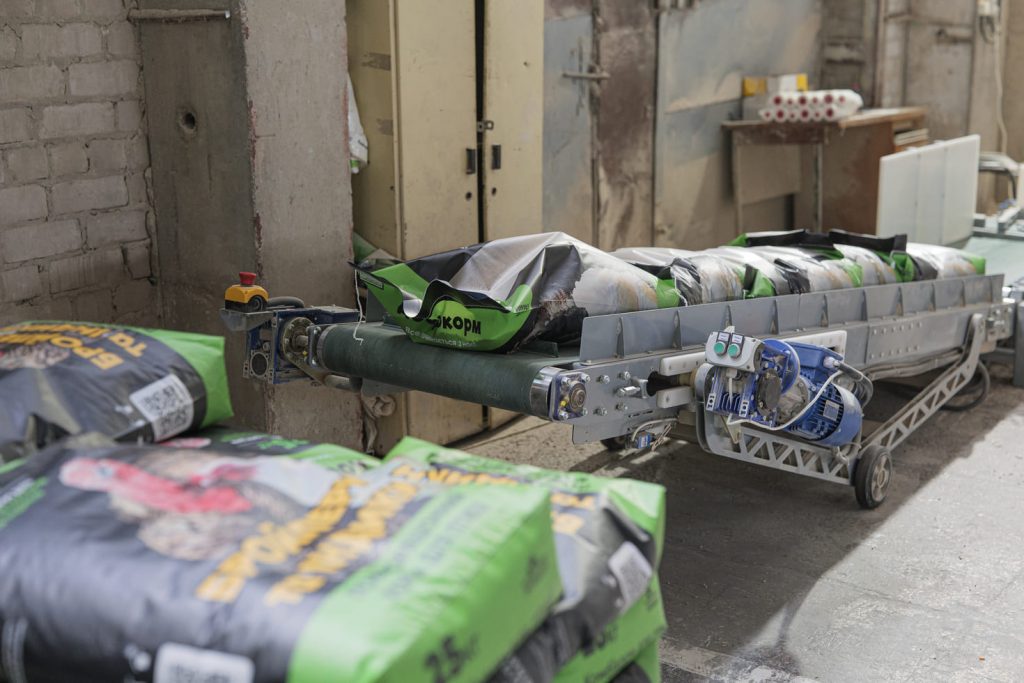
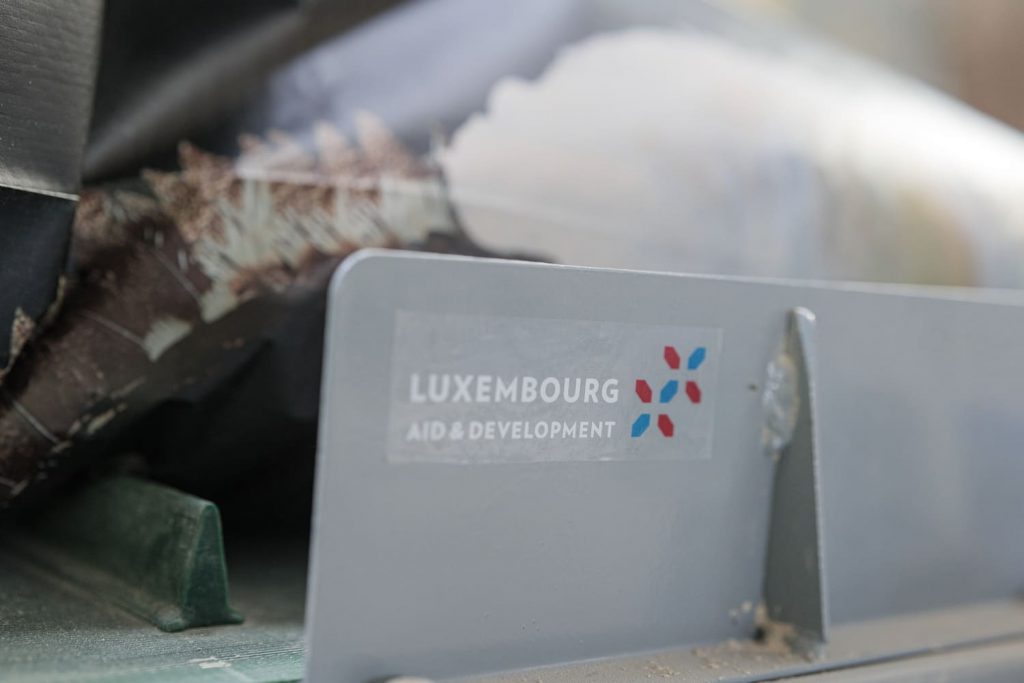
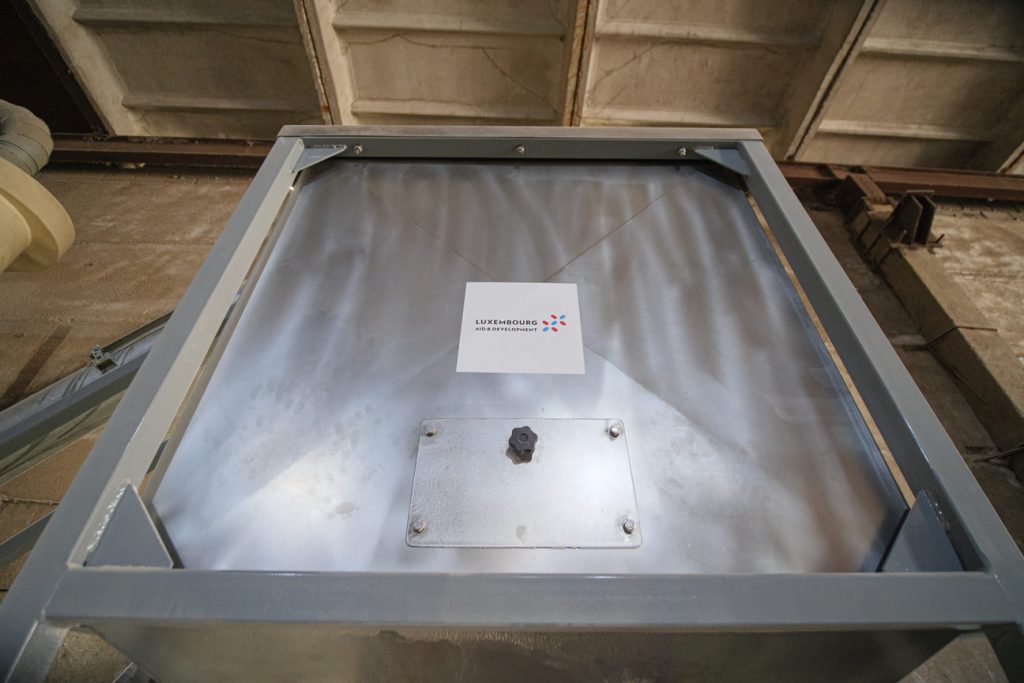
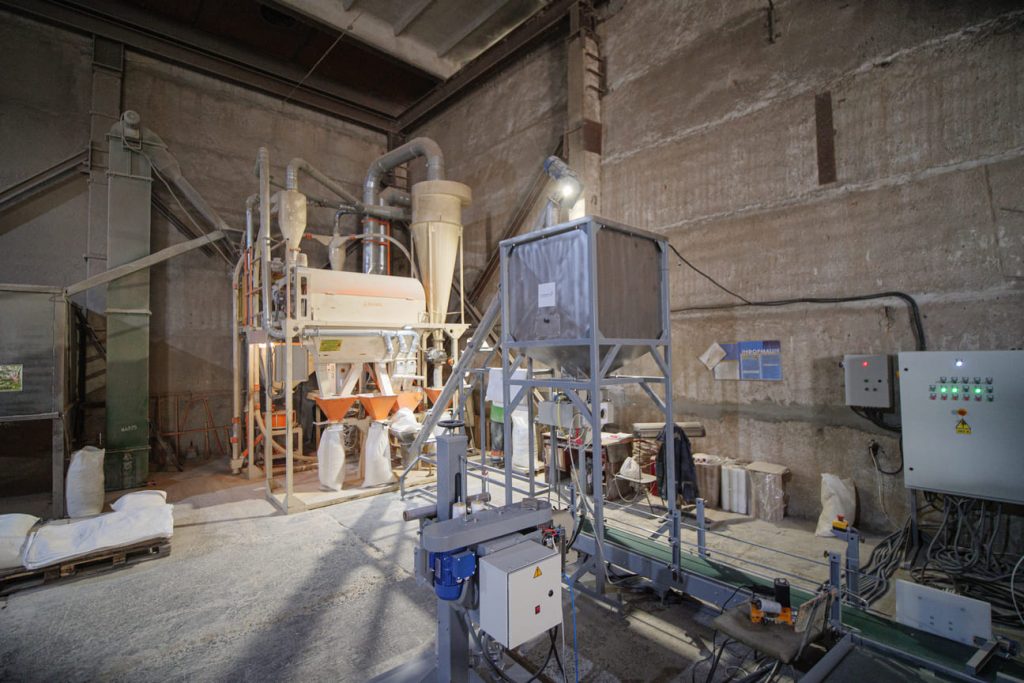
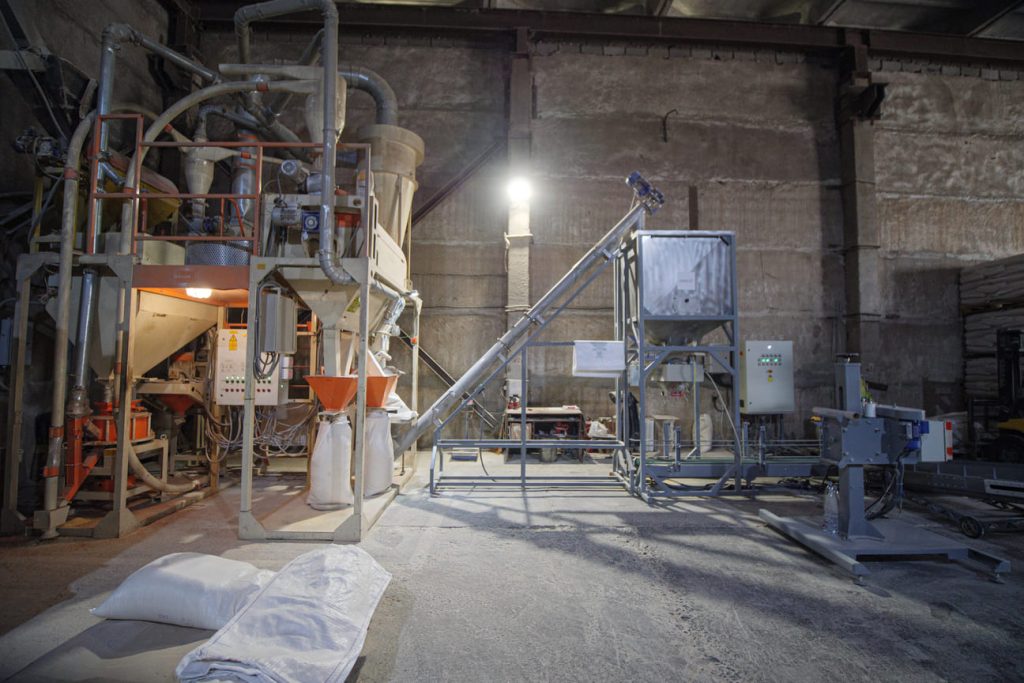
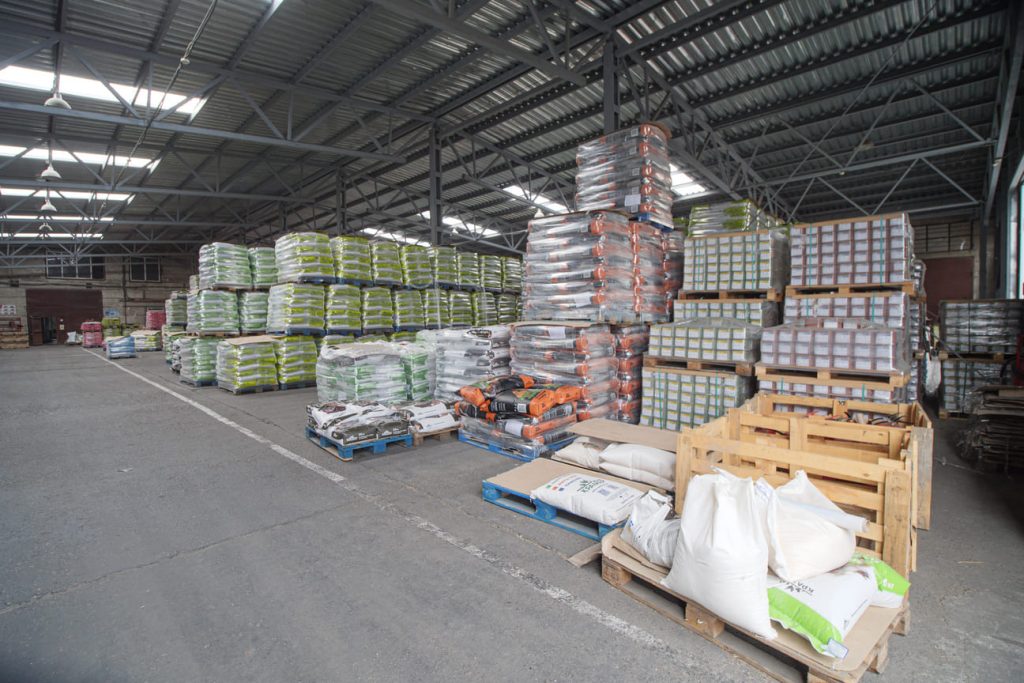
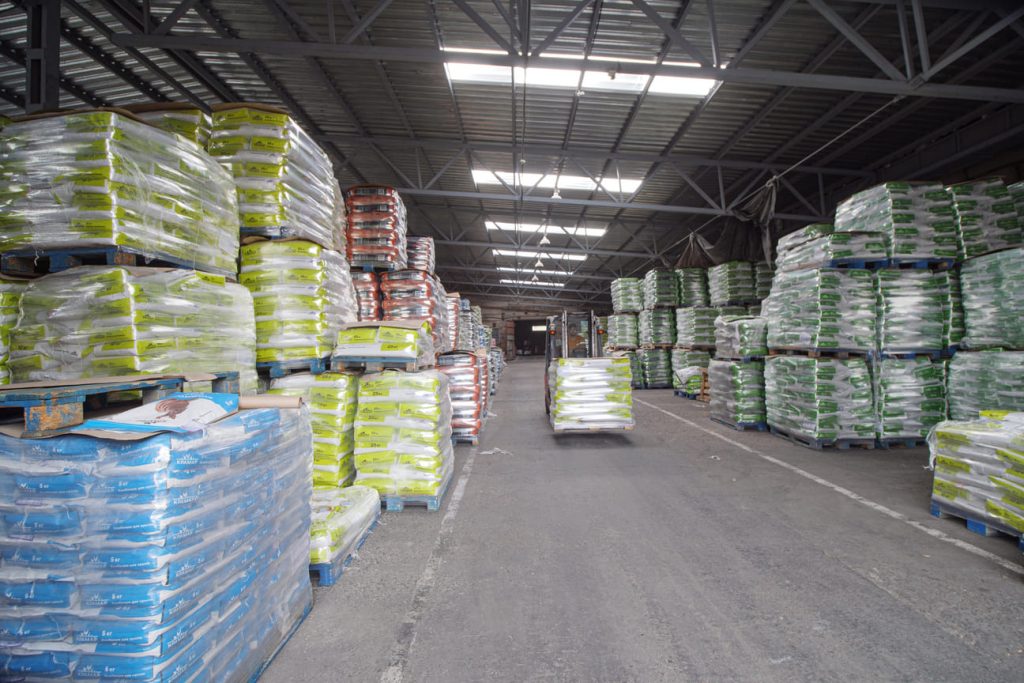
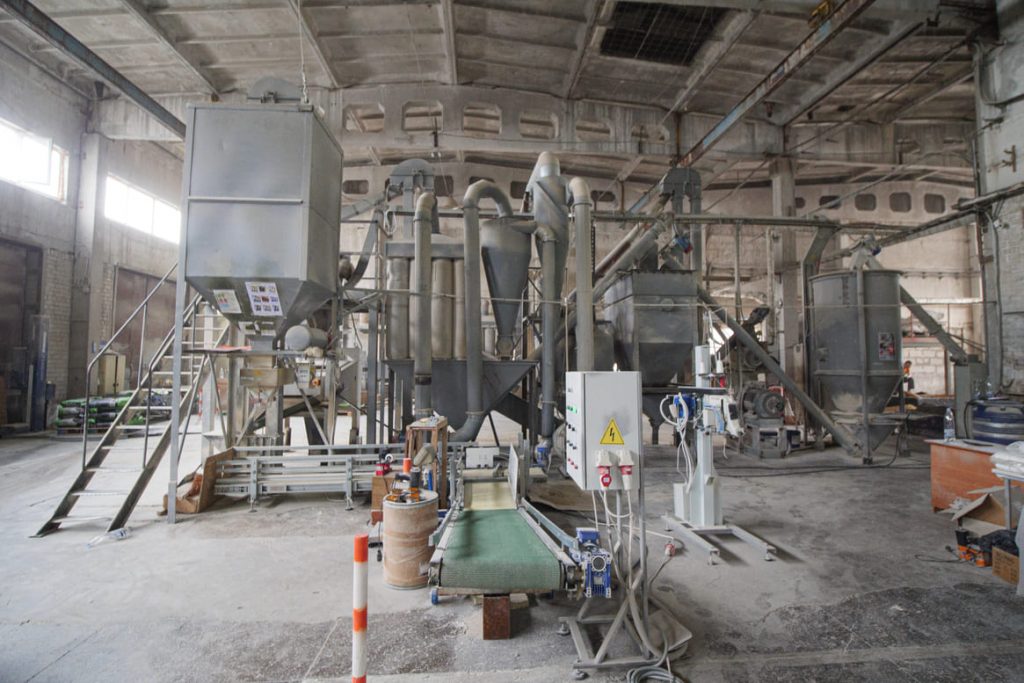
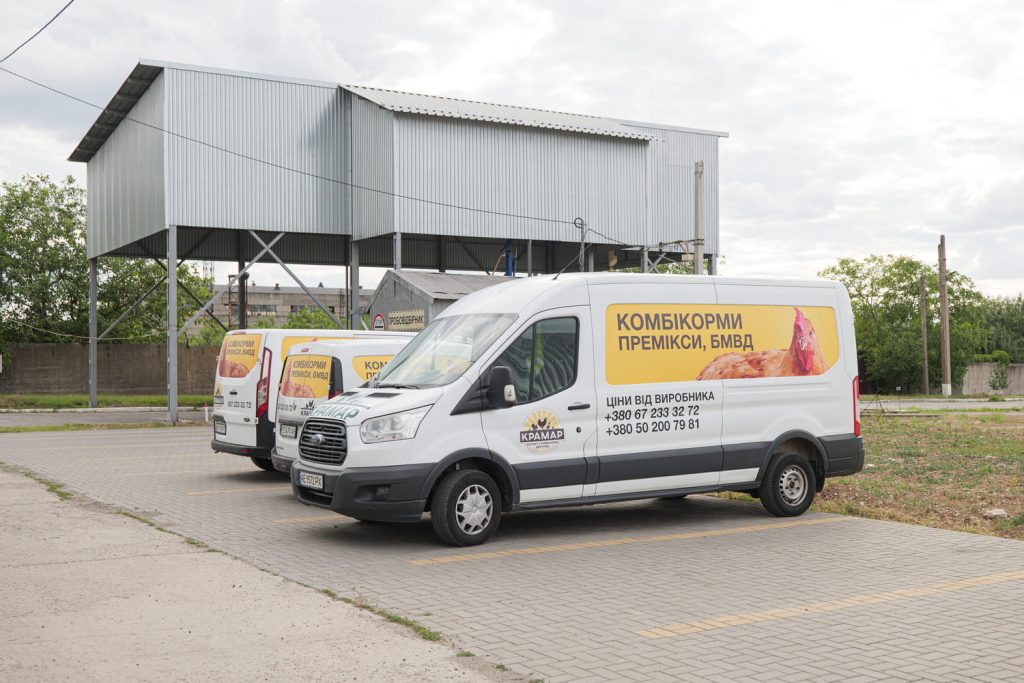
Work continued despite the losses: raw materials, equipment, fuel, and damaged buildings – all had to be replaced, but the team stayed at their posts. Less than a year later, the company had fully rebuilt the damaged infrastructure, upgraded the fuelling station, reconstructed the hangar, and modernized its warehouses.
Automation and Solar Energy – An Investment in Stability
In 2024, PE Kramar became one of the participants in the “Support and Recovery of the Kryvyi Rih District” Programme. With the help of the grant and a loan from the bank, the company implemented two strategic steps:
- Energy independence – installation of solar panels;
- Automation – modernization of production lines.
“The solar panels provide 20–25% of our energy needs. This is real independence. Even during blackouts, we can operate at minimal capacity. And the new automated lines allowed us to increase output without expanding the workforce – which is critical in conditions of staff shortages,” explains Serhii Zakharchenko.
The new conveyor systems reduced the time for transporting feed, optimized internal logistics, and partly compensated for the lack of personnel.
“What we lack most are skilled workers. Many have left, changed industries, or started their own business. That’s why we train people ourselves – sometimes from scratch. We run in-house training, improve skills, and attend exhibitions and conferences.”
Despite the War – Plans to Expand and Enter Export Markets
The company is no longer just a local player: their feed is bought all over Ukraine. The company actively participates in exhibitions, works on raising quality standards, and aims to enter EU markets. The in-house laboratory performs quality control at three stages, and raw materials are purchased only from verified suppliers.
“On June 6, I was a speaker at AgroUkraine. We discussed EU integration by 2030, and I can clearly see that we can be competitive. We’re already taking steps towards this,” says Serhii.
There is enough capacity for growth – the only question is demand. To stimulate it, the company constantly expands its client base, improves logistics, and develops its dealer network.
A Grant as a Catalyst for Change
Despite the attacks, losses, and staff shortages, PE Kramar not only survived but used the grant as a tool for a strong leap forward. Thanks to the Programme’s support, the company strengthened its energy independence, optimized production processes, and gained confidence in the future.
“Today, small and medium-sized businesses either push through or close down. These grants are not handouts – they’re an opportunity. This is what helps us survive and move forward,” says Zakharchenko.
ℹ️ For reference:
The program is implemented within the framework of the “Support for Recovery of Kryvyi Rih Rayon” project, funded by the Government of the Grand Duchy of Luxembourg through the Luxembourg Development Cooperation Agency (LuxDev) and the Business Development Fund.Authorized banks: Oschadbank and PrivatBank.